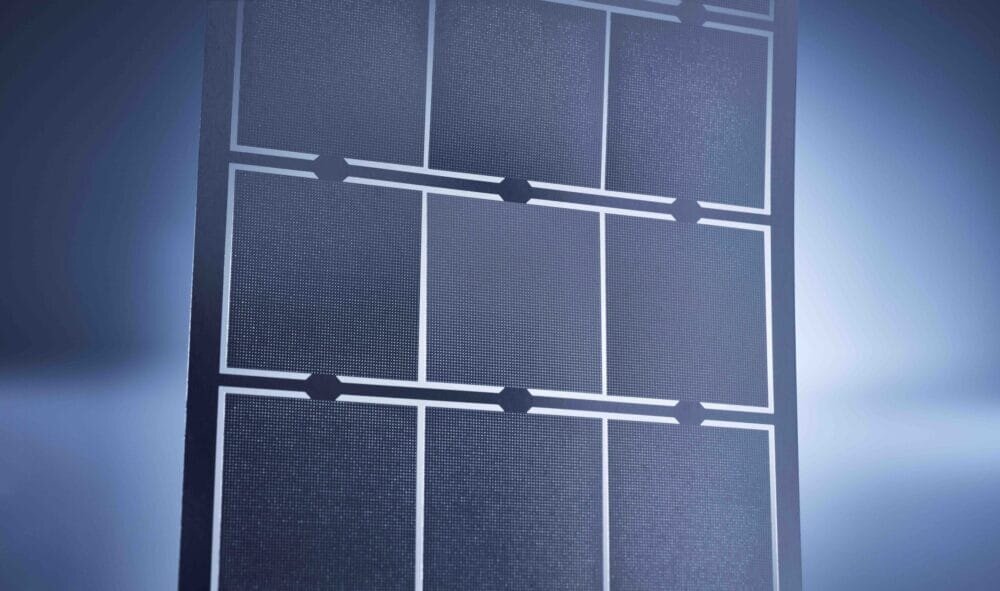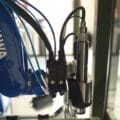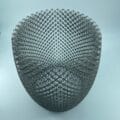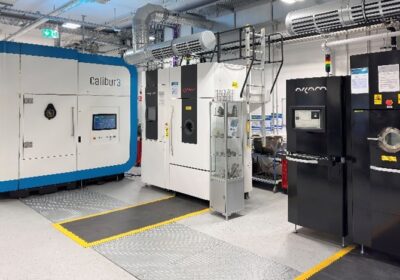Karl Martinson, Director of Business Development – North America, micrometal Etching Group
The next generation photo-chemical etching (PCE) process from micrometal GmbH has refined an already precise metal fabrication technology into a disruptive and game changing technology that is promoting design freedom throughout numerous industrial sectors. One such is in the design and manufacture of high transmission filter in industrial applications based around fluid flow and filtration. The unique characteristics of PCE enhanced by micrometal allow the production of very thin filters with variable hole geometries that can be varied within a single pattern, all of which enhances the efficiency, cost-effectiveness, and longevity of filters used in often harsh or high pressure environments.
As such, PCE has emerged as compelling process that offers advantages in terms of precision, flexibility, and reduced material waste, when compared to traditional filters made from porous ceramics, woven mesh, wire mesh, polymers, or fabric. In this article we examine the advantageous attributes of filters made using micrometal’s PCE process, and the application areas that can benefit from its use.
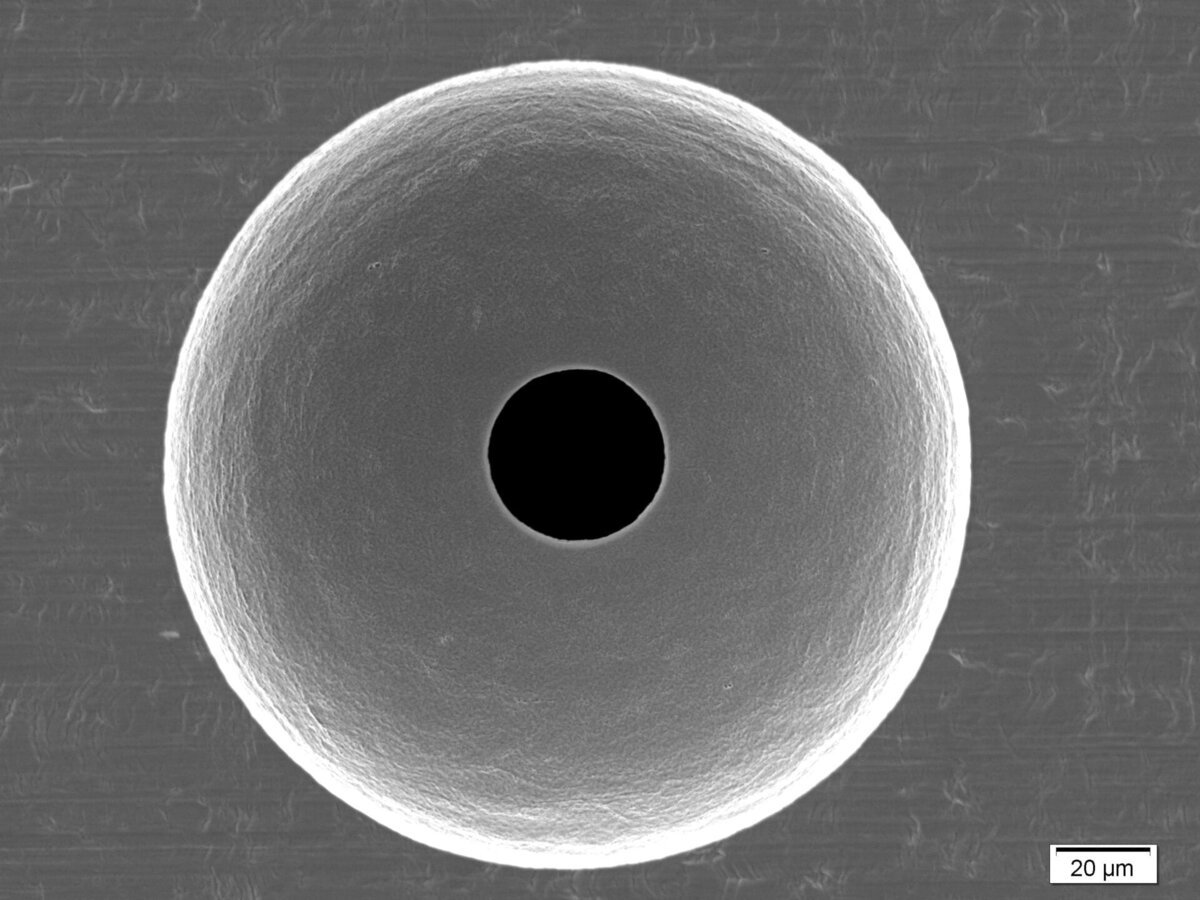
Chris-transmission
PCE OF HIGH TRANSMISSION FILTERS
The utilization of light-weight compact thin metal filters allows them to be seamlessly integrated inline within a system without the need for extensive external plumbing or additional support structures. Their lightweight and space-efficient nature make them ideal for applications where minimizing system footprint and weight is crucial, such as in aerospace or portable equipment, streamlining the overall system design and installation process.
Producing thinner, lightweight high-transmission filters with improved filtration efficiency and versatility in hole patterns offers several significant advantages in industrial applications. Firstly, thinner and lighter filters reduce the overall weight and size of filtration systems, which can lead to cost savings in terms of material usage and transportation. Moreover, these filters are easier to handle, install, and replace, reducing labor and maintenance efforts.
PCE is an ideal process for manufacturing high-transmission industrial filters for several compelling reasons. Firstly, it allows for precise and intricate designs with micro-scale accuracy. Intricate filter patterns and shapes can be etched onto various substrates, enabling the creation of highly efficient filters with well-defined openings. This level of precision is challenging to achieve with traditional methods and ensures that the filters effectively capture and remove contaminants while allowing a high flow rate of fluids or gases.
Thin metal filters produced through the PCE process offer exceptional strength and durability, allowing them to withstand significantly higher pressures compared to traditional filters made from woven mesh, polymers, or fabric. This strength arises from the inherent characteristics of metals like stainless steel or aluminum, which have superior mechanical properties such as high tensile strength and resilience. The precise control and etching of metal filters enable manufacturers to create filters with consistent and uniform pore sizes, ensuring that the filter material can withstand substantial pressures without compromising its structural integrity.
This advantage is particularly critical in applications like the automotive sector, heavy equipment, and aerospace hydraulic systems, where filters may be exposed to extreme operating conditions and substantial fluid pressures. Thin metal filters not only offer longevity and reliability but also provide a lightweight solution, minimizing overall weight in aerospace applications and improving fuel efficiency in automotive systems. Their ability to endure high pressures while maintaining filtration efficiency makes them indispensable in these industries, where safety and performance are paramount.
The ability of micrometal’s PCE process to make filters with higher transmission rates (up to 90%) than can be achieved with woven mesh and even conventional PCE processes is advantageous because they allow for increased fluid or gas flow while maintaining effective filtration. This enhanced transmission can boost process efficiency and reduce pressure drops, ultimately leading to energy savings and improved system performance. It can also increase the filter life between changes or backflushing with obvious cost-saving results and reduced downtime. Additionally, the ability to vary hole patterns, including angled or conical through-holes, in a single filter design offers adaptability for diverse industrial needs. This versatility allows manufacturers to tailor filters to specific applications, optimizing filtration performance while minimizing production costs and inventory management complexities.
PCE is also a highly repeatable and cost-effective process. Once the photo tool is created, it can be used repeatedly to produce identical filters with consistent quality, reducing production variability. Additionally, this method is well-suited for high-volume production, making it cost-effective for industrial applications. The elimination of the need for intricate tooling or costly molds, as seen in other manufacturing processes, further enhances its cost efficiency.
PCE offers versatility in terms of material selection. It can be applied to a wide range of materials, including metals like stainless steel, copper, and aluminum. This versatility allows manufacturers to select materials that suit the specific requirements of their industrial applications, whether it’s for chemical resistance, temperature tolerance, or other factors. Overall, the process proves to be a superior choice for producing high-transmission industrial filters due to its precision, repeatability, cost-effectiveness, and material flexibility, making it an ideal process for meeting the stringent demands of modern industrial high transmission filtration.
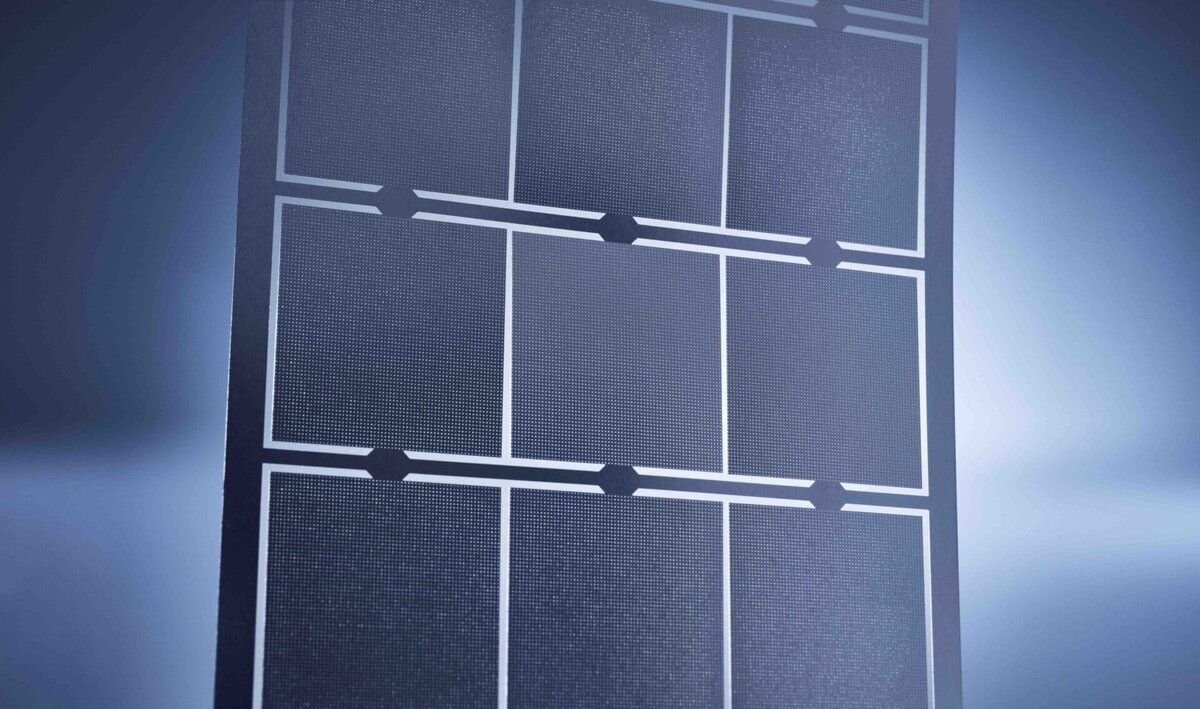
Micro apertures
NEXT GENERATION PCE STIMULATES INNOVATION
micrometal’s PCE process is very different from conventional PCE processes. Uniquely, the company uses a special liquid resist system to obtain ultra-thin (2-8 micron) photoresist layers enabling a higher degree of precision in the chemical etching process. It allows the achievement of extremely small feature sizes of 25 microns, a minimum hole diameter 80% of the material thickness, and single digit micron tolerances repeatably.
Traditional PCE uses relatively thick dry film resist which compromises ultimate part precision and the tolerances that are available, and it is only able to achieve 100-micron feature sizes and a minimum hole diameter of 100-200% material thickness. The micrometal PCE process enables ultra-precise contours to take shape, and as such the company can produce metal parts with unique features and a level of complexity that cannot be matched.
In addition, whereas most PCE service suppliers use digital photo tooling created on films, micrometal uses photo tooling created on glass, which can achieve tolerances in the range of 1-2 microns, and negates issues with distortion due to environmental factors such as humidity that are a constant problem when using film tooling.
micrometal’s PCE process allows the manufacture of thinner lightweight filters, and filters that promote higher transmission than traditionally made filters. The process also allows variable hole geometries with angled or conical through-holes which can be varied in a single pattern.
SUMMARY
Traditional methods of manufacturing high-transmission filters have their limitations, such as restricted precision, limited hole geometries, and material wastage. In contrast, the photochemical etching process emerges as the method of choice for creating these filters, offering superior advantages. micrometal’s next generation PCE enables the production of highly precise, lightweight filters with intricate hole patterns, capable of withstanding high pressures. This versatility and precision make photochemical etching particularly well-suited for industries like automotive, aerospace, and heavy equipment, where efficient filtration and space-saving designs are critical. Therefore, the use of photochemical etching for high-transmission filter production strongly stands as a reliable and innovative solution for modern industrial filtration needs.

